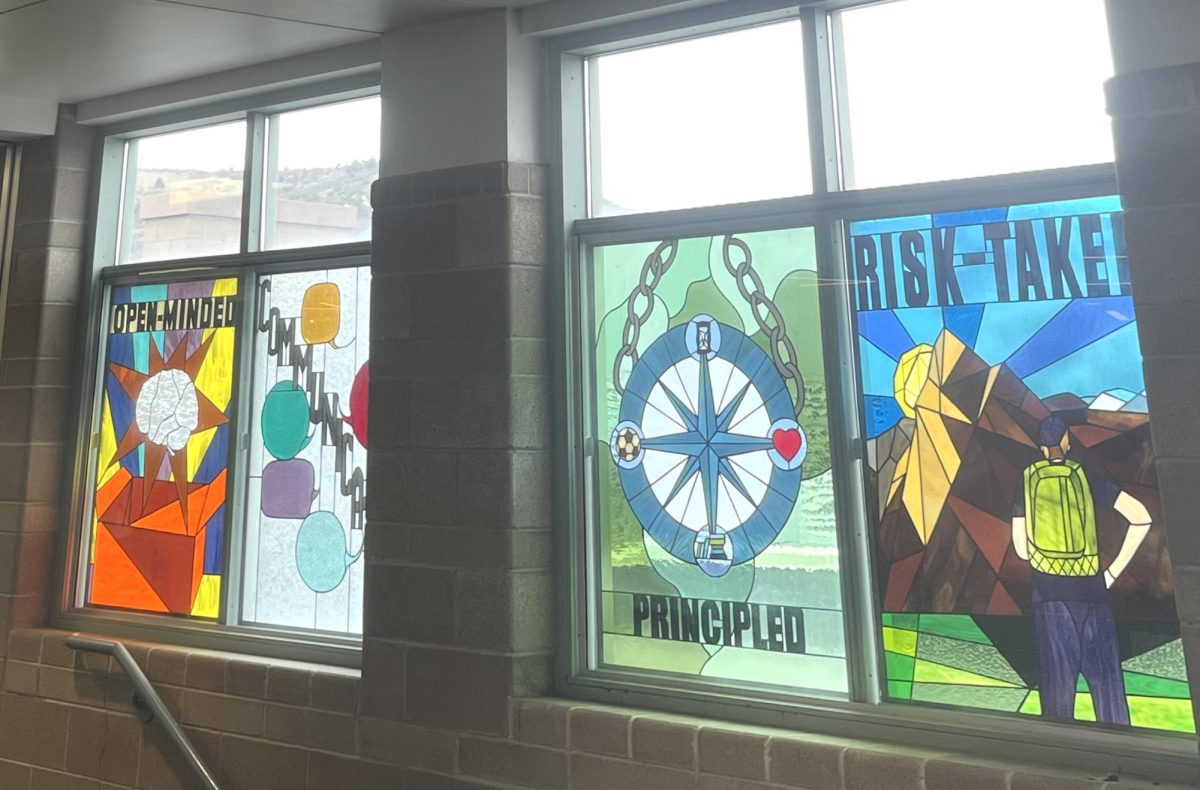Often, we are counting down the days. Whether we are counting down the days until a birthday or counting down the days until our next day off from school or work, the clock is ticking, and if we are not counting down the days, then we are most likely counting down the time. Life is coordinated around time, and when there’s not much left of it, things can change.
The International Journal of Academic Medicine takes a closer look at heavily influenced anticipation, along with results like changes in behavior, effort, and motivation. Studies were first conducted in the military during the 20th century. They often found that symptoms of short timers syndrome (STS) were seen when soldiers were counting down the days of deployment.
STS can be characterized by a decline in focus and performance. The idea is mostly seen in the military but can also be applied to similar cases like workplace transitions, retirement, school-year endings, etc.
In the 1990s, the increase in procrastination and preoccupation in high school seniors came to be described as senioritis. The term has been thrown around here and there in schools, and if you ask teachers at Dakota Ridge, it can result in careless behavior.
“I’ve seen students just not show up, or if they do show up, they don’t do anything,” DRHS social studies teacher Alyson Koerner said.
As a student throughout high school, I never really understood what senioritis meant. Now that I am a senior, close to graduating, I can apply the idea to my mentality and motivation during the end of the year. Others might agree when acknowledging general discouragement, increased absenteeism, and reduced engagement. All of which are, like STS, most commonly seen about 2-3 months before reaching the end of school courses.
“Senioritis starts in the second semester, usually around spring,” DRHS English teacher Jason Casanova said.

Some might say senioritis is just a term to justify the laziness in high school seniors. However, studies on both STS and senioritis suggest that these conditions come with a psychological background.
Psychologists find similarities in the symptoms of senioritis and situational depression, both of which can be triggered by stressful life events like retirement, loss of a job, end dates, and more. Similarities in symptoms might include a lack of interest, motivation, and overall burnout. All of these can be biologically apparent when dopamine levels decrease.
“It’s really tiring because you want to care, but you just don’t,” DRHS senior Owen Robertson said.
On top of a state of exhaustion, the toll of inaction comes with consequences. Some might argue that the top-tier work and effort they put in throughout their time makes up for the last semester. However, others suggest that the last semester might be one of the most important, so giving up could affect outcomes down the road.
“Yeah, you’re done, but if you’re going to college, the grades you get this semester are going to affect that,” Koerner said.
If you’re anything like me, you might not find yourself applying ideas like senioritis, depression, and STS to your situation. However, acknowledging these feelings might be your best bet at overcoming them and avoiding repercussions.
“For people who aren’t necessarily college-bound, you need to have good enough grades that you can afford to do senior ditch day and enjoy your last ride, cause it is also the last free education that you’ll get,” Casanova said.
As a senior, soldier, employee, or whatever your circumstance might be, there are steps to take in order to aid lack of energy, motivation, and determination. The first might be to hold yourself accountable for feeling this way which then makes room for solutions.
Next could be to keep in mind the consequences of your actions, or lack thereof. In moments of low energy, it’s important to keep a balance, but when it seems as if there is no time left, it can be difficult to do so, especially considering the social aspects of school/work environments, or even life in general. It’s easy to choose to hang out with friends rather than finish missing assignments, which makes it important to set time aside to study, or just time for yourself.
This doesn’t mean forgetting your friends and possibly your last moments together. It means prioritizing your time, and rewarding yourself after. It calls for having fun without the guilt of being knee-deep in absences or assignments.
If you carry such guilt, you might want to practice organizing, which will teach you to take one thing at a time. Time management, when there is so little time, is a hard ball to juggle. However, trying things like making a list, setting goals, and prioritizing your time can be beneficial to you in the future.
It might also help to surround yourself with supportive friends and family. As a senior, you might know others who are in the same boat. Sharing encouragement and reminders for your purpose can be the last push you need to the finish line.
Even though it might already feel like you’re touching the finish line and your purpose has been fulfilled, there’s still more work to be done. Why not finish strong instead of leaving on a low note?
When introduced to the term STS and taking a look at senioritis, DRHS science teacher Andrew Gysin, who is in the same boat, shares his thoughts on leaving something behind, encouraging students to live up to their full potential.
“I want to have a sense of pride in my work where I feel like I am finishing strong, leaving a good lasting memory, and making sure that I am proud of the work I put in before I go,” Gysin said.
Do you have a case of senioritis? Don’t wait to meet with a teacher, counselor, or even a mental health professional, if needed.









